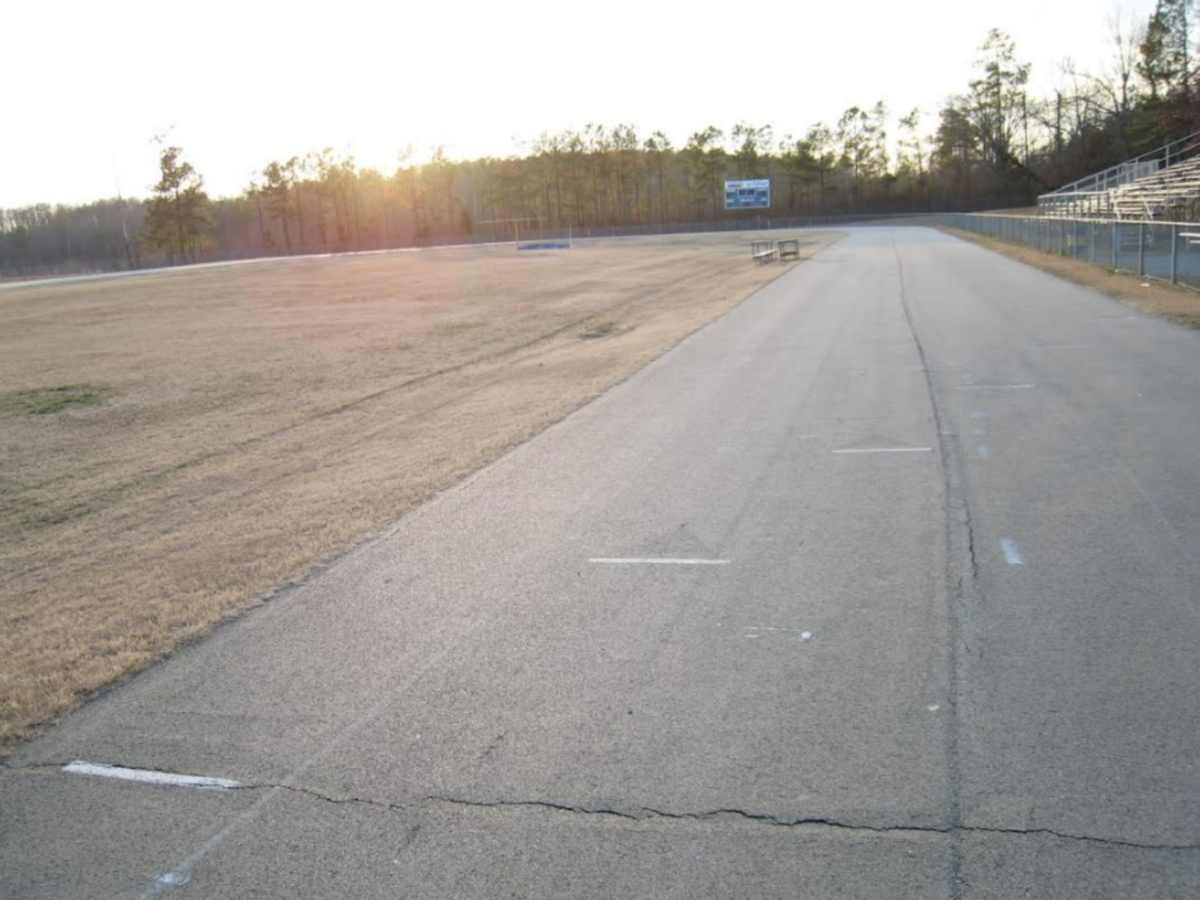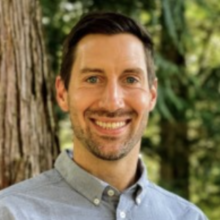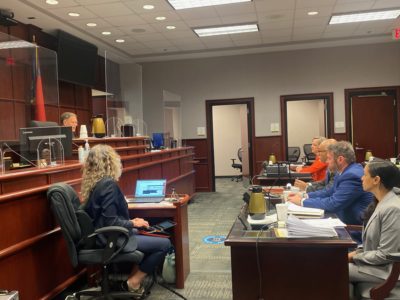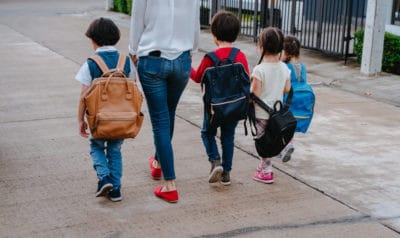

Fifteen years ago, I learned that the school district that had just hired me was in a legal battle with the state. Before I took one step onto campus as a first-year teacher, the Leandro lawsuit was top of mind. I had just moved from the West coast when I heard its promise: The North Carolina Constitution guarantees every child the right to a sound basic education. As an outsider, it appeared that everyone was working together to address educational inequities and trying to create a better future for us all. I was young, hopeful, and wrong.
Over the next five years, I drove through miles of cotton fields and forgotten tobacco plantations on my way to Northwest Halifax High School (now Northwest Collegiate and Tech Academy) in rural Halifax County. During my time as a teacher and coach, though, we never had adequate facilities, and the district never provided all children with a basic education.
For years, children in low-wealth areas have suffered a fate predetermined centuries ago. Unfortunately, despite lawsuits such as Leandro, little has changed. Years after leaving the classroom, I still care about what happens with Leandro and in Halifax. Why? To start with, I learned far more from my students than I ever taught them.
Now my reason for caring is more profound, with lessons for us all. Through genealogical research, I have learned I have substantial familial roots in the area’s history: I am a direct descendant of numerous ancestors in North Carolina and Virginia from the 17th and 18th century. Some helped form the imperfect structures of our country (including lineage to presidents). One family line built a large plantation in Vance County, a mere 50 miles from where I taught. Records show they enslaved hundreds of Black people before the Civil War. A century later, my ancestors moved away, probably seeking fortunes on the frontier, but not before contributing to the consequences we are still addressing today.
During the same time period when some of my ancestors enslaved people nearby, natives to the area were forced to disperse from their land and struggled to remain as a community. Fascinatingly, from another family branch, it appears my ancestors were also part of this group. They migrated away, eventually into Appalachia. Those who remained in Eastern North Carolina became the Haliwa-Saponi Tribe. Some of these descendants were my students.
At some point, as both these branches of my family were seeking prosperity or protection on the frontier, they mixed. A few generations later, in hopes for a better life, my paternal grandparents eventually left the coal mines of Appalachia in the mid-20th century.
About 50 years later, I unknowingly returned to my forefather’s footprints and faced the consequences of our collective past. While this narrative is personal to me, I am not unique. I am one of millions. My story simply offers a portrait of how many of us have connected over the years and reminds us that we all want the same thing for our children and our future. However, now we all must face the consequences of our shared history.
Fast forward to today and I could share in detail how the long-overdue $1.7 billion of Leandro funds would go a long way in changing the life trajectories of thousands of students across the state. It would finally begin bridging the chasms created centuries ago. Perhaps it could improve the lack of textbooks, teachers, and resources; mitigate mold in the walls and the dirty ventilation systems; or fix the cracks in the track upon which I coached. But that story has already been told. Some have yelled it from the top of their lungs. Others have litigated it. Either way, for years we have yet to come together to put an effective educational plan in place to address the inequities created generations ago.
For those who still don’t understand why significant resources are needed: take a drive up to historical Halifax County, where the Halifax Resolves were written, a precursor to the Declaration of Independence. Where the wind blows seeds from a historical past. Walk down the roads where the students live now. Look and listen. Sit face to face with them. Why? Because as James Baldwin once said, “Not everything that is faced can be changed, but nothing can be changed until it is faced.”
It took me years facing my students in the classroom and living in the community to learn that the lack of a basic education for too many children across the state was set in motion long, long ago. What matters more though, is that little has changed over the centuries, and in the 28 years since the landmark Leandro case. Today, thousands of our communities’ children are still provided a separate, unequal education compared to their peers. This robs us of a stronger fabric of support that would bring us all together.
As I read “The Lorax” to my 4-year-old today, I can’t help but notice the parallels: “Unless someone like you cares a whole awful lot, nothing is going to get better. It’s not.” So, catch, lawmakers, you’re in charge of a long-overdue plan. A seed for the future. Implement it with care. As the Lorax would say, education is what everyone, everyone needs. As a parent of two biracial kids now, I am still hopeful that we can finally work together and create a better future for all our children, for generations to come.




